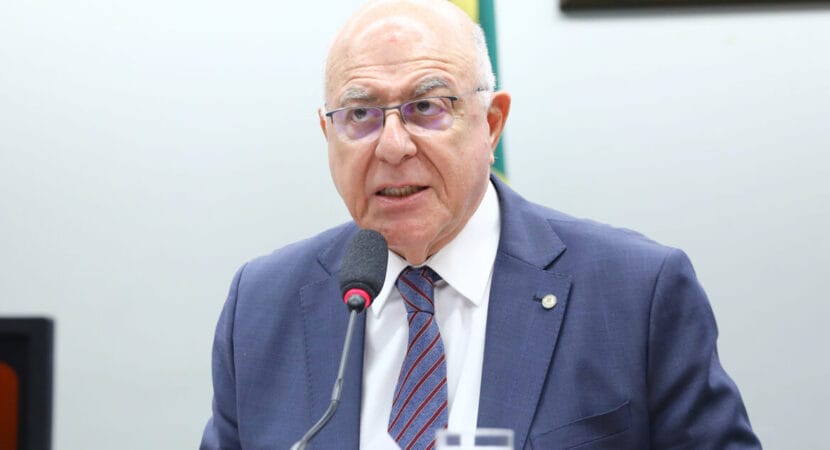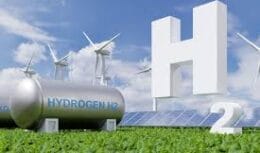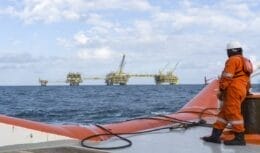
Bill seeks to promote markets for green diesel and SAF in Brazil, encouraging the use of vegetable oils and mandatory sustainable energy targets.
The Fuel of the Future has been the subject of debates and discussions about the best way to make the energy matrix more sustainable and environmentally friendly. Several technologies and alternatives are being studied to enable the transition from fossil diesel to cleaner and renewable fuels, thus reducing the emission of polluting gases. The development of biodiesel and biomethane has shown promise and is increasingly gaining prominence as a viable option to gradually replace conventional diesel.
One of the highlighted alternatives is HVO (Hydrotreated Vegetable Oil), also known as diesel with renewable content, a product derived from vegetable oils and animal fats that has characteristics very similar to those of fossil diesel, with the advantage of being produced from renewable sources. In addition to HVO, other biofuels are also being studied, such as biogas and other green products, which promise to revolutionize the fuel industry. The search for more sustainable alternatives and the introduction of innovative technologies are fundamental steps to guarantee a cleaner and environmentally responsible future.
Fuel of the Future
I am not willing to include the co-processed in the Fuel of the Future proposal, he told epbr agency. The report has not yet been presented. Second Garden, should be completed in the next few weeks.
Forwarded to the Chamber in September 2023 by the Lula (PT) government, the project creates the National Program for green diesel (PNDV), delegating to the National Energy Policy Council (CNPE) the definition of the minimum mandatory mixture of the new fuel with fossil diesel, which already contains a percentage of biodiesel.
According to the proposal, this new mandate needs to be fulfilled with diesel produced from raw material exclusively derived from renewable biomass. The mandatory minimum participation cannot exceed the limit of 3% each year.
The PL was named Fuel of the Future because it regulates the entry of new products into the market, such as SAF (sustainable aviation kerosene) and green diesel itself (HVO). They both leave together biorefinery and they need the creation of their markets to occur simultaneously to close investors' accounts.
Since the beginning of the discussion of the legal framework in the Ministry of Mines and Energy (MME) in 2021, the Petrobras seeks space for its co-processed product (formerly called HBIO), a product that the oil company sees as a transition between conventional and decarbonized refining. However, it faces resistance from biofuel producers.
In search of a sectoral agenda, the government included the green agenda that remained pending for 2023 in the long presidential message sent to the National Congress on 6/2 for the opening of legislative work. They are the same texts: hydrogen, offshore wind, the regulation of the carbon market, the Fuel of the Future itself and the creation of the green background, called Paten – a proposal to try to make viable, through BNDES, a new fund to finance infrastructure and energy, guaranteed by court orders and credits with the Union.
This is the continuation of the debate on capital allocation and subsidies: in detail, the balance of legal frameworks tends to select more or less priority sectors in Brazil's attempt to grow in the wake of demand for green products.
They share space with the promise of recovery in industrial activity, with emphasis on the BNDES Exim project, which allows the creation of an arm of the public bank focused on foreign trade and financing exports of goods and services.
The climate at the moment is one of crisis. The sectoral agenda, however, shares space with the management of the crisis opened during the recess, when Lula vetoed the payment of parliamentary amendments foreseen in the budget approved by the National Congress, and minister Fernando Haddad (PT) supported the issuance of an MP to revoke the payroll tax relief and others limit other tax expenses. But the agenda will move forward: it is the semester in which the regulation of tax reform.
Fuel of the Future
Less imported diesel
Considering the greater share of biodiesel (rose from 12% to 14%) and projections of fuel supply and demand and economic growth, the consultancy Stonex estimates that in 2024 external dependence on fossil fuel will fall to 20,9%, compared to 24,9% in the year that ended (Reuters).
Speaking of subsidies
Rural producers in Paraná this week delivered a letter to Ratinho Junior (PSD) asking for more access to credit (and support from the governor to seek resources from BNDES), in addition to state subsidies for invest in the production of biogas and biomethane. Just over two years ago, Paraná created RenovaPR, a program that includes subsidies for own energy generation on farms through the Farmer's Bank. There, the state's gas distributor, Compagás, works to insert renewable fuel into urban transport.
Source: EPBR












